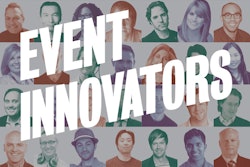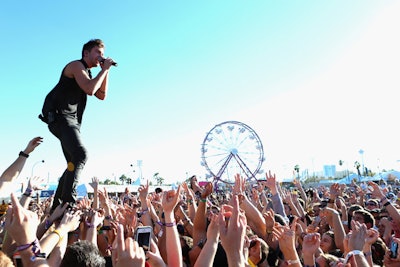
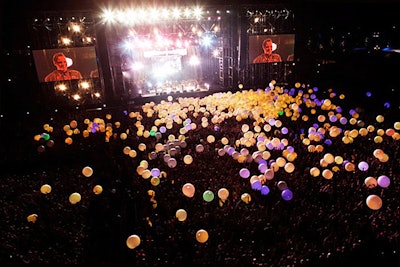
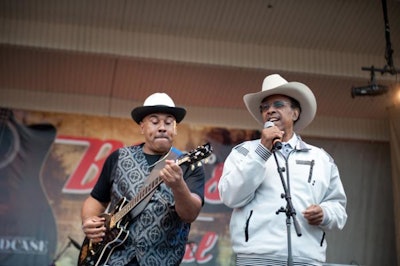
#7 Festival
Billed as the world’s largest free blues festival, the musical happening celebrated its 30th anniversary in June. With a “Rollin’ Up the River” theme, the Grant Park event drew 500,000 music fans and had sponsors including Pepsi and Humana. New touches included an opening-night concert at Millennium Park’s Jay Pritzker Pavilion, where artists such as Shemekia Copeland performed. Next: June 13-15, 2014
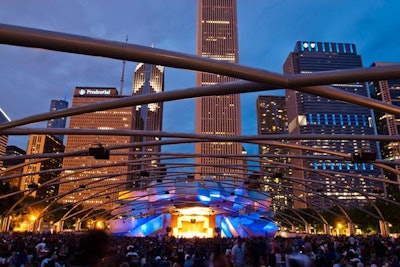
The free, outdoor classical music festival took place from June 12 to August 17 this year and offered diverse programming. Highlights ranged from a Pink Martini concert to Stravinsky’s The Rite of Spring. The festival reached new audiences this year by bringing the Grant Park chorus to two local park-district facilities; 2013 also saw the launch of “Project Inclusion.” Developed in partnership with the Chicago Sinfonietta, the professional development program assists young minority musicians. Next: June 11-August 16, 2014
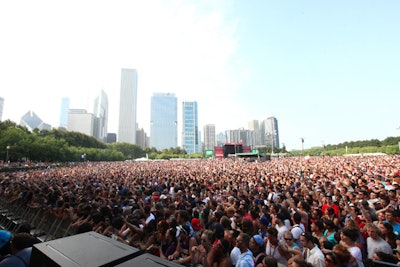
Where/when: Chicago; August
Type of offerings: Music, food, and retail
2014 dates & ticket prices: August 1-3; admission prices start at $95 (based on 2013 one-day passes)
Vibe: The atmosphere is festive, crowded—the event drew a record 300,000 attendees in 2013—and subject to Chicago’s unpredictable elements. It’s known to rain on the hot late-summer festival, creating a devil-may-care environment with attendees sloshing around in mud.
Audience: Young and with diverse musical genre interests: fans come to see indie, hip-hop, dance, R&B, and even country acts. But many attendees weren’t even born when some of the festival’s headline acts like Nine Inch Nails and the Cure were topping charts. The crowd is also international: At least one in 10 attendees travels from abroad.
Past event hosts: Belvedere, Gilt City, Fiji Water, Billboard, Asos, Bed Head
Past main event sponsors: Red Bull, Bud Light, Samsung, BMI, Toyota, Citi, Mophie, Gap, Hard Rock Hotel
What works: Given the festival’s urban downtown environs in Chicago’s Grant Park, hotels are popular—and proximate—venue choices for parties. And hotels welcome the event business and tourists: the festival has an economic impact of $120 million on the city.
What doesn't work: Overcrowding at related events is a perennial problem, and long lines have created headaches for guests and hosts alike. Further, Chicago’s notoriously dicey August climate has led to cancelations and last-minute tweaks (including an evacuation of the grounds in 2012).




